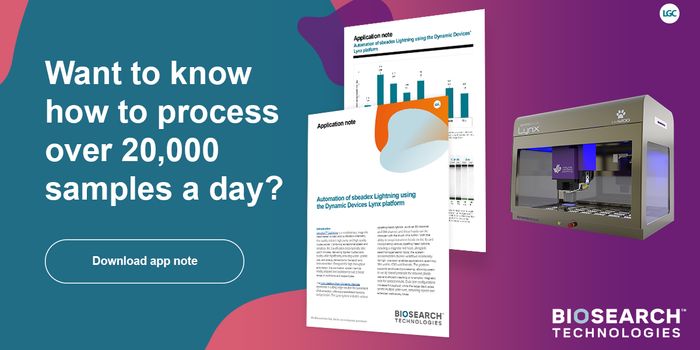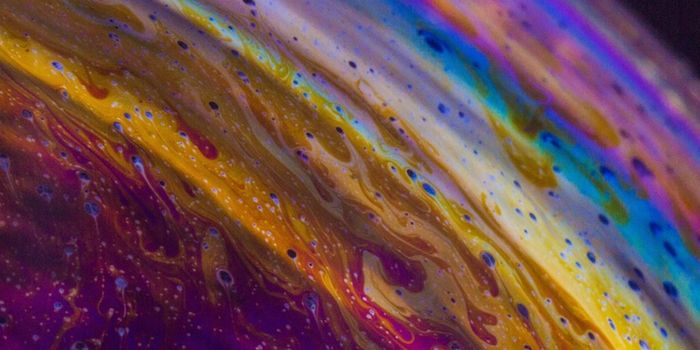Genetics, not Environment, Primarily Shapes Microbiome
Environmental factors are typically believed to have a heavy influence on the microbiome. Although these factors certainly do have an impact, research has shown that their impact may be more limited than once thought.
A recent study published in Applied and Environmental Microbiology found that vaginal birth, known to transfer microbiota from mother to offspring, does not leave a lasting microbial imprint on newborns (American Society for Microbiology: 2019). In the study, the researchers first determined the microbiomes of two different inbred laboratory breeds of mice: black mice (C57BL/6J), and while mice (BALB/c). They then crossbred them so that in each pair, the parents were a different color, with the aim of finding out whether different microbiota would be received from different mothers.
The results were surprising. In both cases of crossbreeding, the offspring tended to have similar microbiomes, regardless of the mother’s color. The researchers thus concluded that, at least in mice, the maternal environment has a minimal effect on the microbiome of their offspring, and that genetic factors instead inherited from both parents were more responsible for their composition.
These findings add to a body of research suggesting that genetics has a stronger impact than the environment on the make-up of the microbiome. A study conducted in 2018 for example that analysed the microbiomes of 17 inbred lines of mice for up to 11 generations found that the makeup of a mouse’s microbiome is more linked to their ancestry than their diet and environment (Moeller: 2018).
According to immunologist Barbara Rehermann from the National Institute of Diabetes and DIgestive and Kidney Diseases who was not involved in the study: “This paper confirms that different wild mice...can be brought into standard laboratory environments and (after generations of inbreeding) their distinct microbiota are very faithful to the original mice...This indicates that anything that is vertically transmitted has probably been selected over eons of years because it’s very well accommodated to the host and confers host benefits (Williams: 2018).”
Evidence on the impact of diet on the microbiome adds to these findings too. As mice are coprophages (they eat feces), and feces contain the microbiome, in another study, researchers chose to look into how the microbiomes of black and white mice kept in the same cages changed as they consumed each other's feces. The researchers found that although differences did occur, they only lasted as long as the mice occupied the same cage. Thereafter, their microbiomes reverted to their baseline compositions, showing that although environmental factors impact the microbiome, their effects are more temporary than previously thought (American Society for Microbiology: 2019).
Yet, although changes in microbiota may be easily reversible within one generation, another study has demonstrated that mice who consume a diet low in microbiota-accessible carbohydrates (MACs) over many generations, do not have the same reversibility (Sonnenberg: 2016). In these cases, the study demonstrated that the reintroduction of a diet with more MACs can not recover the loss of diversity in microbiota alone, meaning that alongside a different diet, the administration of the missing taxa is also required to regain microbiota diversity. This means that, although the environment may have a limited impact in the baseline of one’s microbiota, over generations, it inevitably shapes it to best ensure its full efficiency according to the individual's environment.
To conclude, recent research has demonstrated that genetic factors have a larger impact on the microbiomes of mice kept in laboratory conditions than environmental factors including the maternal environment. Despite this however, other research has shown that certain environmental factors, such as diet, when present long enough, also have a strong impact on the microbiome, and thus, in certain circumstances, may become more influential in the appearance or disappearance of certain microbiota than genetic factors alone.
Sources
American Society for Microbiology: Phys.org
Moeller, Andrew H. et al: Sciencemag.org
Williams, Ruth: The Scientist
Sonnenburg, Erica D. et al. : Nature











